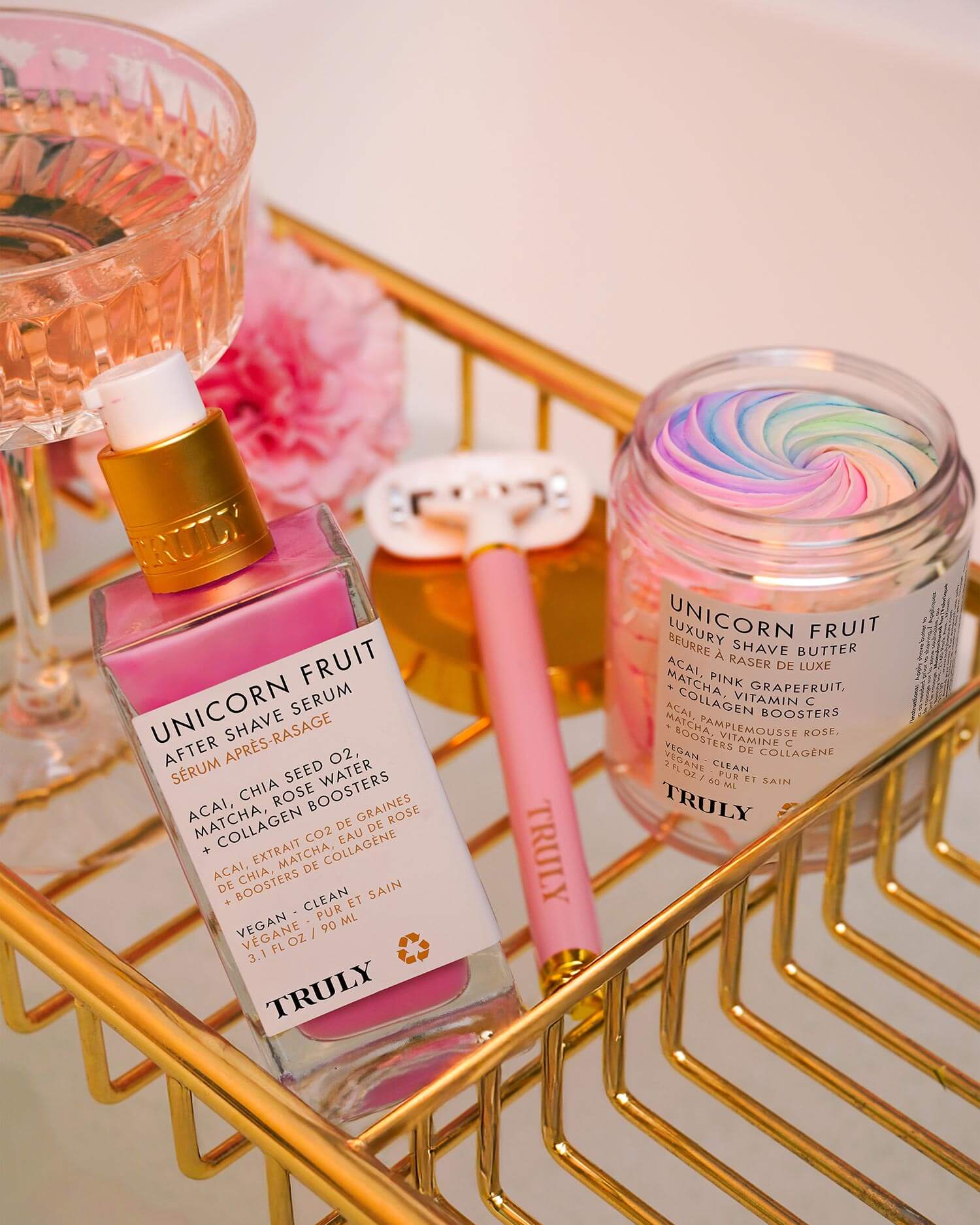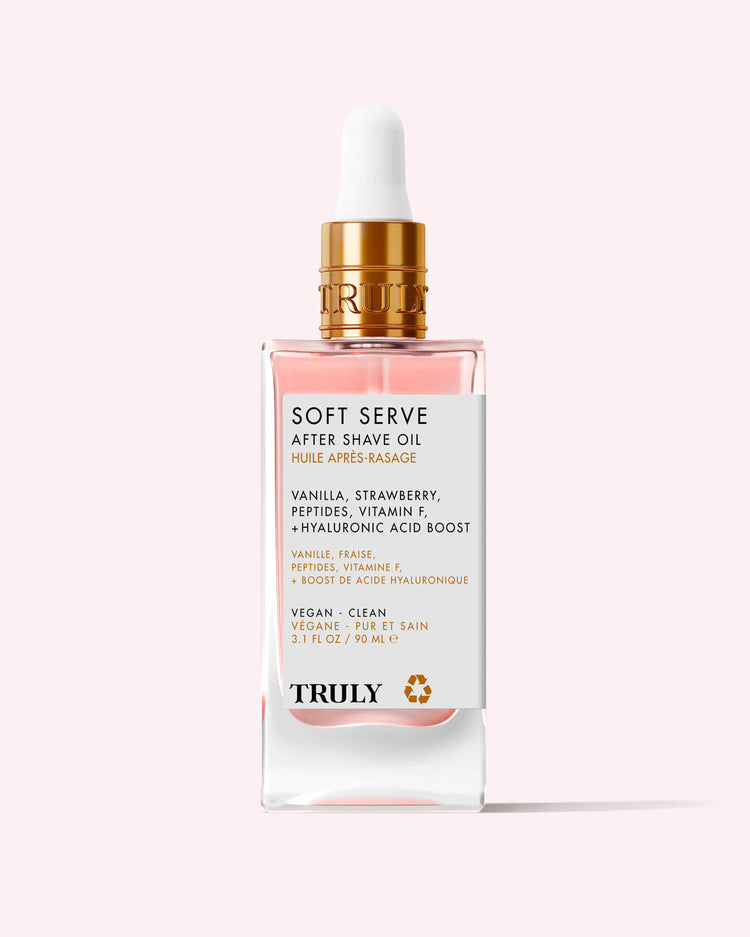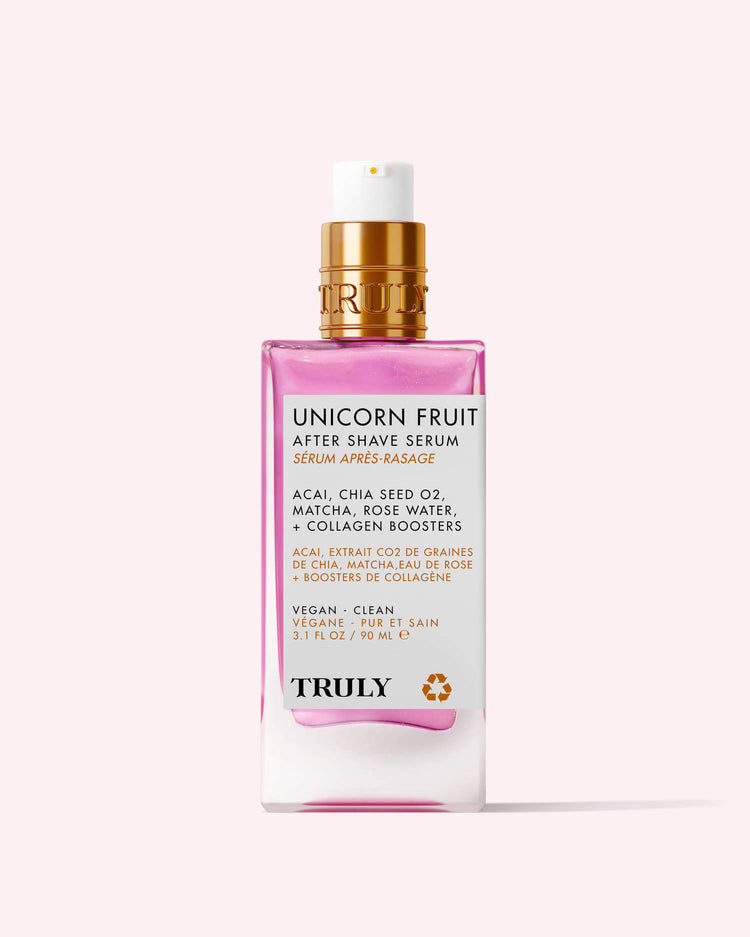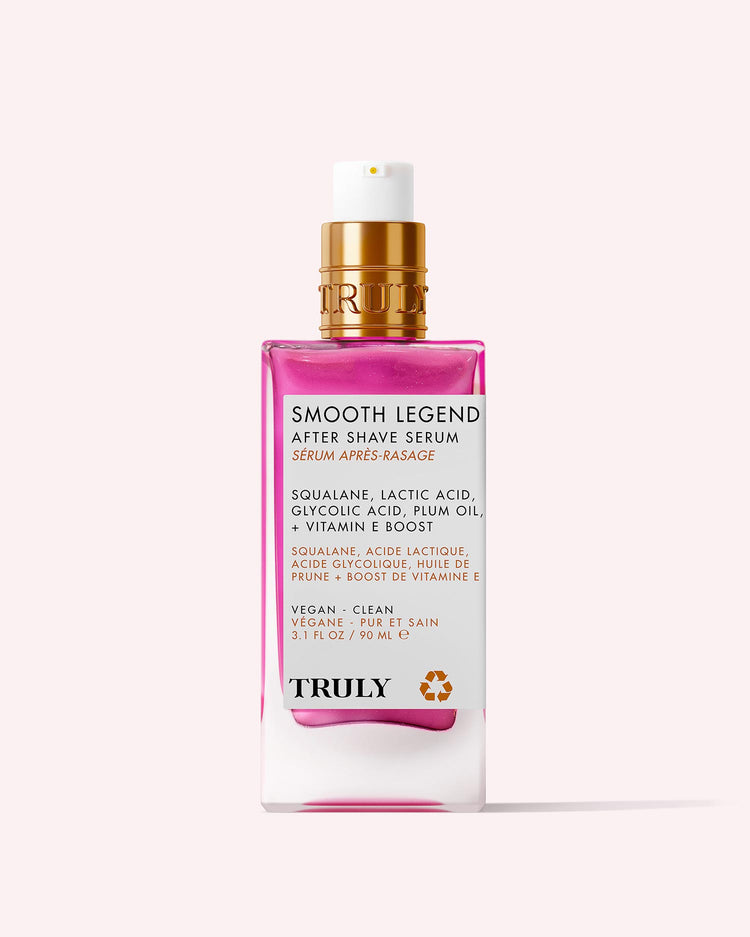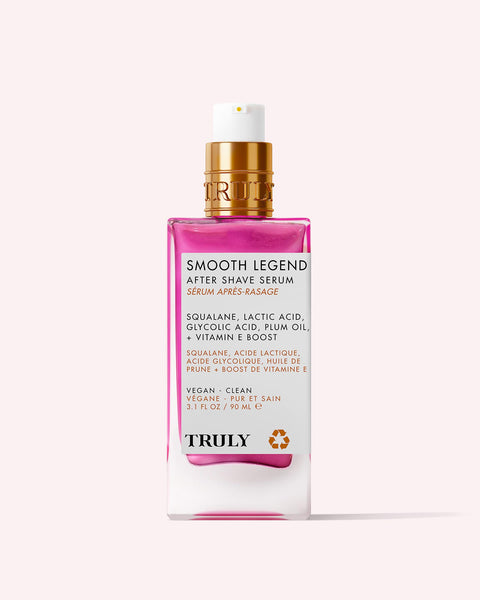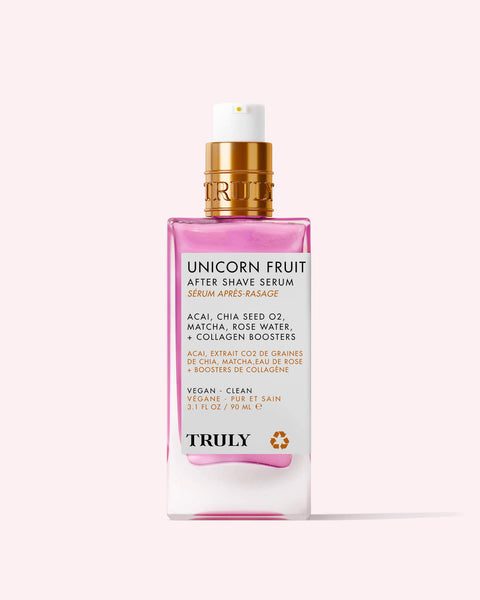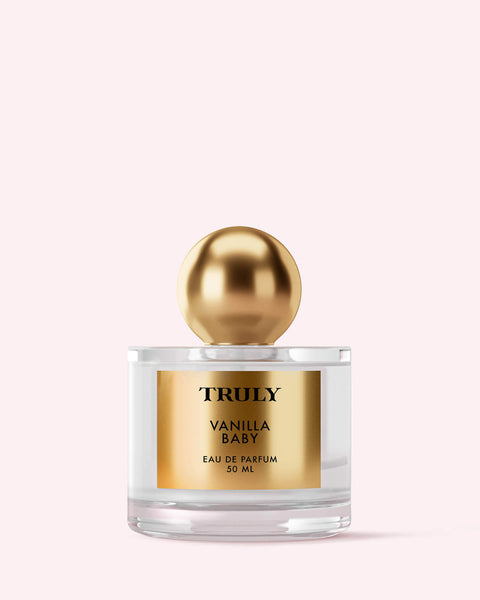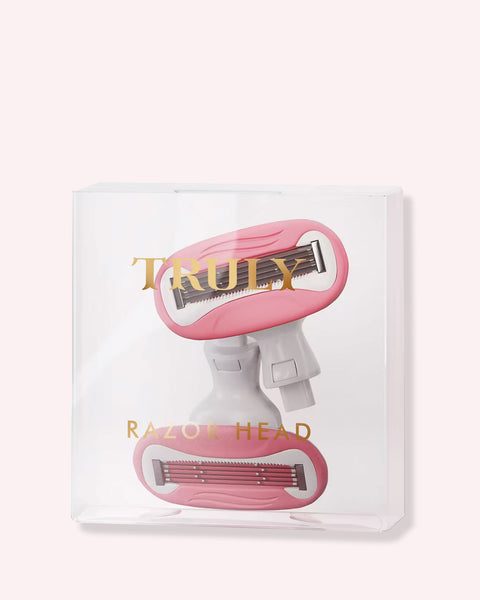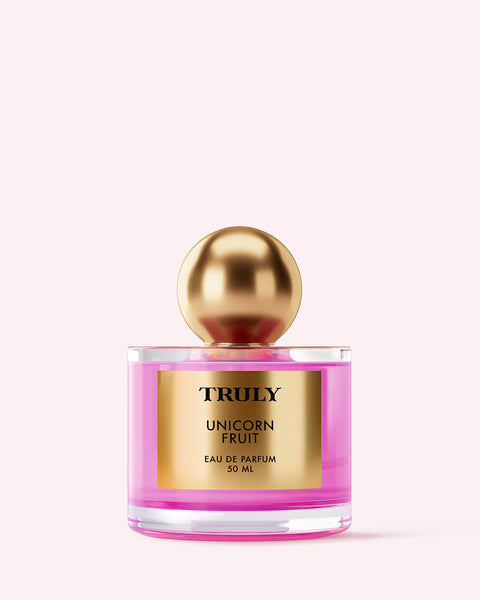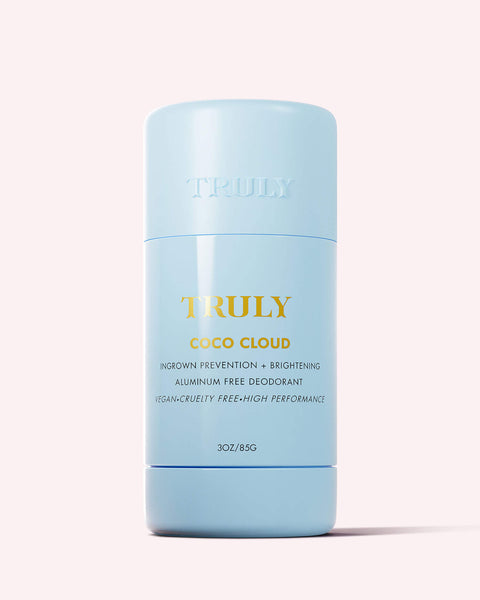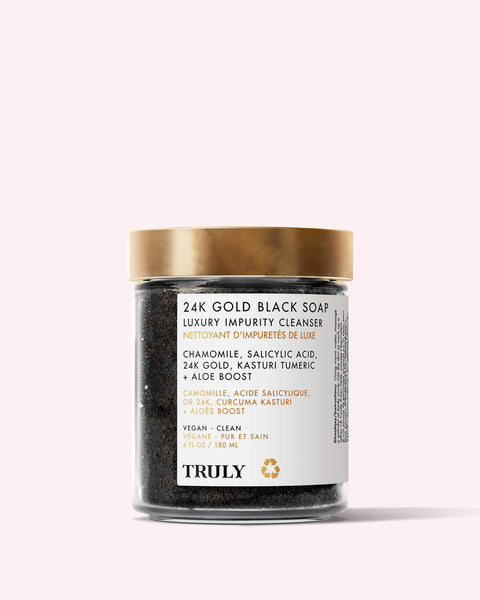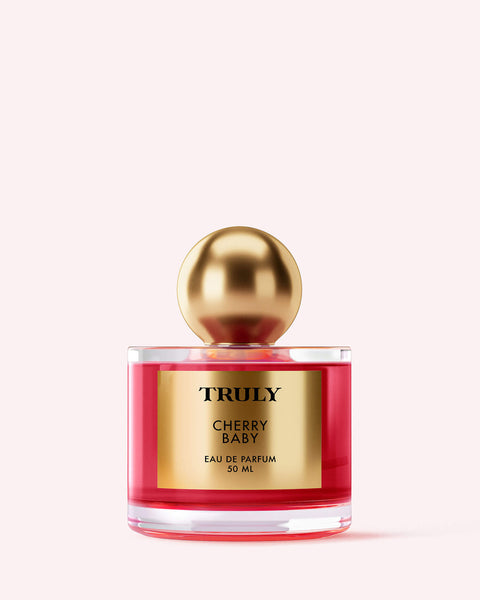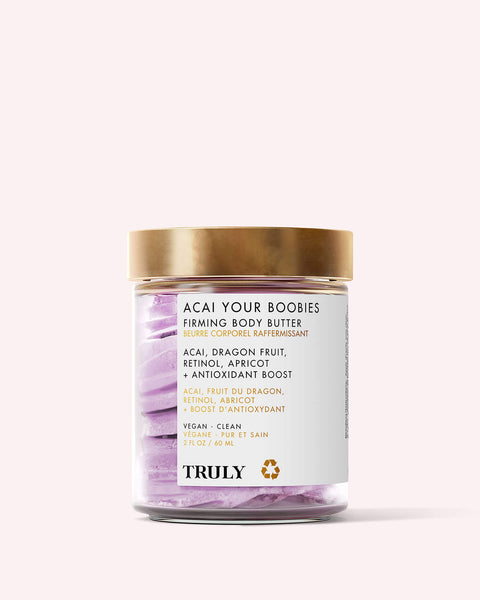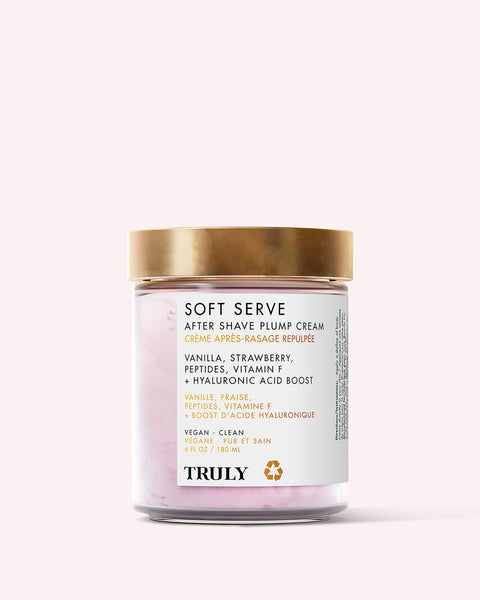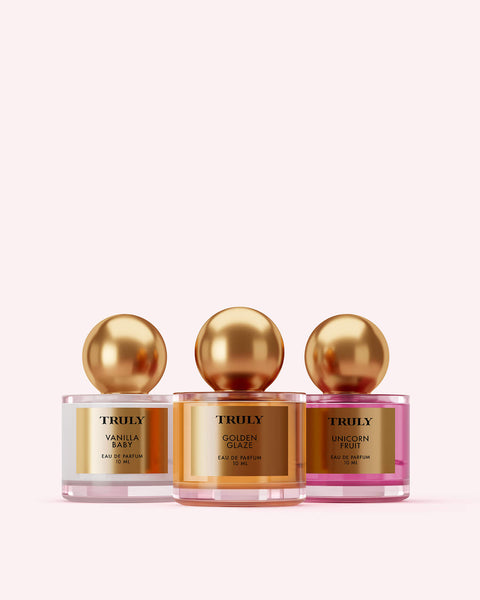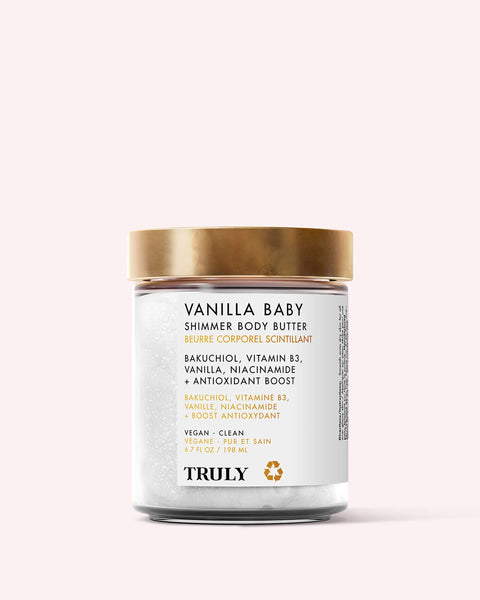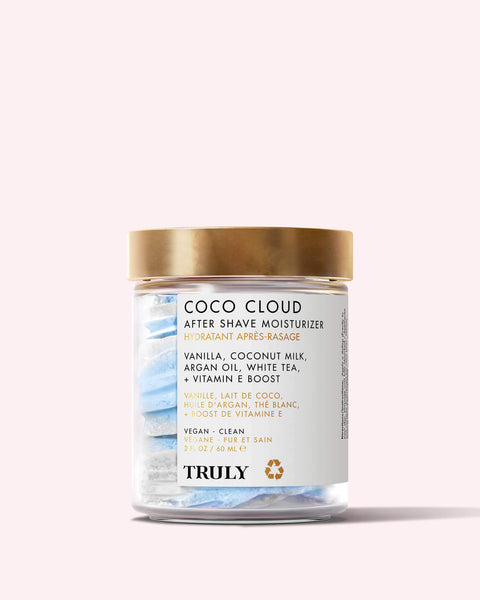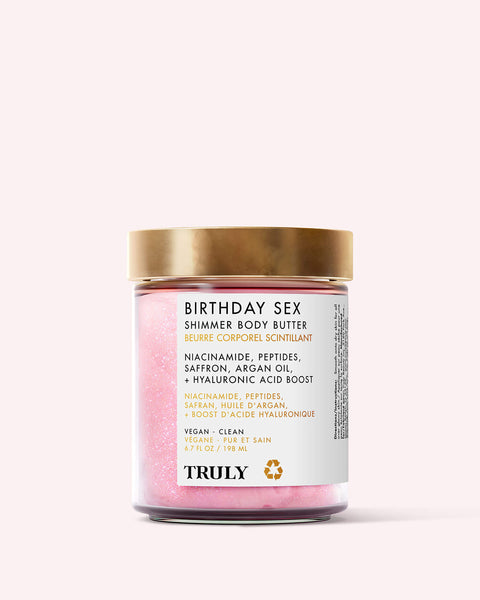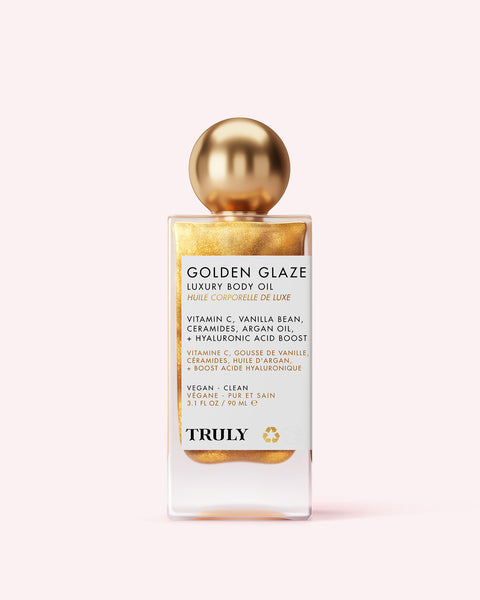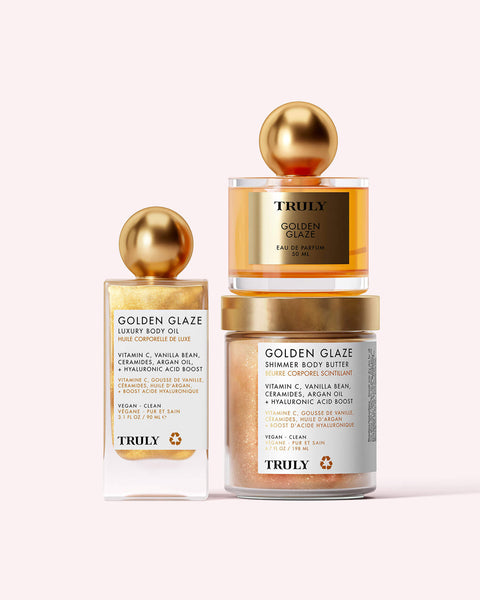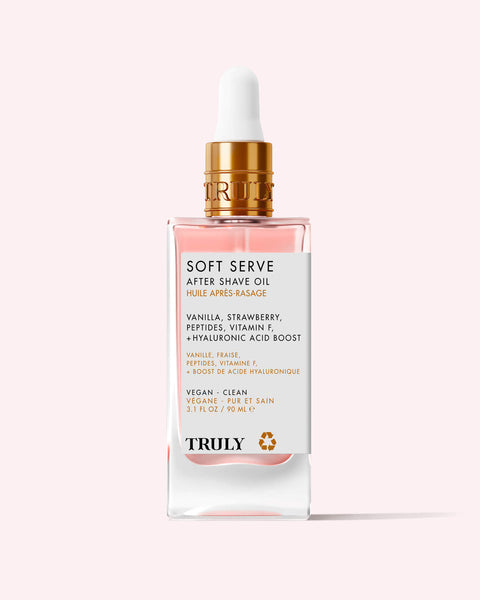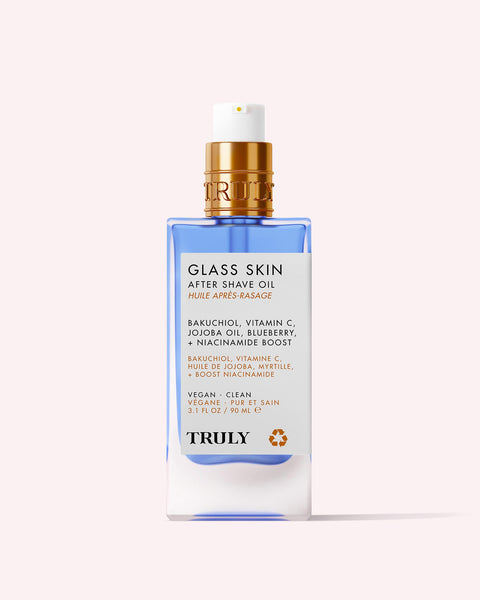A Mask For Every Occasion: What Kind of Mask To Use When
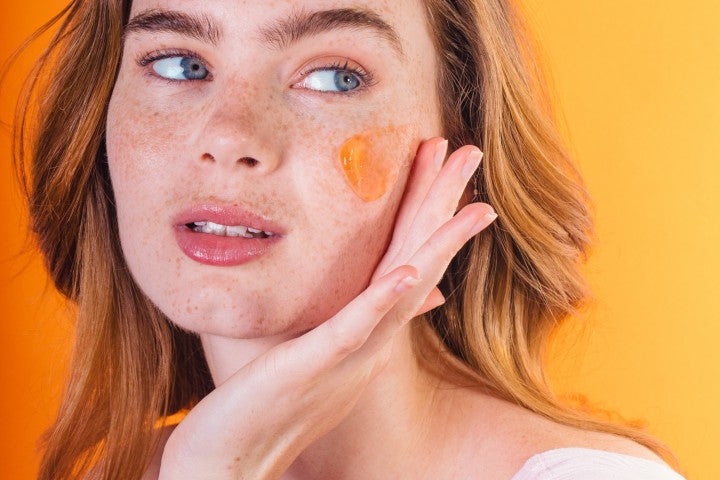
Clay? Mud? Sheet?
Where does one even begin when it comes to face masks?
There are so many different types of face masks for the skin, each with their own set of benefits. No idea which does what? It’s time to investigate the full scope of facial masks to find the best one to treat your skincare concerns.
See, the formula you choose depends on whether your complexion concern is dehydration, dullness, spots or sagging. Any of these sound familiar?
Below we delve into the details of every type of face mask so you can determine which one to choose for your skin’s specific needs.
Clay Masks
According to Peter Konish, Director of Product Development at Johnson & Johnson, “Clays help to detoxify the skin and draw out impurities and oils from the surface of the skin.” In other words, it’s helpful for people with acne or oily-prone skin.
So if you struggle with breakouts or stubborn shine, it might be worth investing in a clay face mask.
Konish adds, “It helps draw out the impurities as well as absorb excess oils that are on the surface of the skin. Additionally, it helps reduce excess shine.”
The best time to use it is when your skin is looking particularly shiny or breaking out more than usual. After application of a clay mask, the clay will dry and soak up the skin’s natural oils and draw any impurities to the surface.
To keep your skin blemish-free, apply a clay mask 1-2 times per week.
Gel Masks
Whenever your skin’s craving a little TLC, gel masks are the best way to give your skin a hydration boost. Ideal for dry, dehydrated and sensitive skin types, these skin-soothing masks are excellent at delivering moisture to the skin.
Exfoliating Masks
Choose an exfoliating mask if you’re dealing with dullness or dark spots. A mask with exfoliating properties sloughs off dead skin cells and deep-seated dirt in your pores using AHA’s like glycolic acid to help reveal brighter, clearer, even skin.
These masks are typically applied like a cleanser to provide gentle exfoliation to provide a healthy, glowing complexion.
“I generally like rinse-off masks for hyperpigmentation because it’s harder to control,” says Dendy Engelman, M.D., board-certified dermatologic surgeon at Manhattan Dermatology and Cosmetic Surgery. “Look for masks with lactic acid to help lighten the appearance of irregular pigmentation or uneven skin tone.”
An added benefit to using an exfoliating mask is that it’ll help better absorb other skincare treatments. So if you plan on going for a professional facial, try using an exfoliating mask the day before to maximize the benefits.
Try: Truly’s Mary Jane Glow Mask.
Sheet Masks
Sheet masks are great for all skin types. No wonder they’re so popular!
These face-shaped masks deliver a concentrated dose of nutrients and active ingredients through a fabric-like sheet. This forces the skin to absorb the product instead of merely allowing it to evaporate. Quick, easy to use, and soooo convenient, they’re handy to carry around with you when you travel. No rinse needed!
Pair one with a serum for enhanced results.
“Just like we do in the treatment rooms, you will want to apply hyaluronic serums under it so that the occlusive nature of the mask can push the serums deep into the skin,” says Nancy Reagan, licensed aesthetician and founder of Bella Reina Spa in Delray Beach, Florida.
Once you’ve finished, skip any kind of rinsing and apply a thin layer of moisturizer to seal in the hydrating effects of the mask. Do this immediately after use!
Jelly Masks
Go for a jelly face mask if you’re seeking softer, smoother skin. Jelly masks are packed with hydrating ingredients that moisturize and nourish the skin. Great for all skin types, they are also customizable and can work for acne-prone skin just as well as they can work for aging skin. Call it the multitasking mask!
“The beauty of this mask is that any skin type can use it,” says Aziel Rodgers, lead esthetician at LA beauty bar The Things We Do. “It’s especially helpful for calming the skin after extractions and great for drier types because of the seal it creates for the skin, resulting in better product absorption.”
Acne-prone skin? Try: Truly’s Hemp Jelly Anti-Blemish Mask.
Got aging skin? Try: Truly’s Vegan Collagen Jelly Face Mask.
Mud Masks
People dealing with large pores and blackheads can benefit greatly from adding a mud mask into their skincare regimen.
Why? Because mud masks are a combo of soil and minerals to detoxify and clarify the skin, absorbing excess oils and unclogging pores. So if you’ve got congested skin, opt for a mud mask to minimize pores and breakouts.
Avoid using mud masks if you have dry, dehydrated skin as these may dry out the skin further.
Sleep Masks
Otherwise known as overnight masks, sleep masks are meant for wearing while you snooze. Basically, you slather them on at night after applying the rest of your products so you can wake up with refreshed, revitalized skin.
Sleeping masks are ideal if you’ve got anti-aging concerns. That’s because most restorative work on your skin happens when you sleep. And because sleep masks contain high-performing, active ingredients, they can work harder through the night.
“When the body is in a deep, restful sleep, the skin’s metabolism increases and cell turnover and renewal escalates,” says Engelman.
Try: Truly’s Starface Sleep Mask.
There are *so many* face masks – as you can see! If you weren’t sure where to begin when it came to what face mask to use for your skincare concerns, you should now. Or at least, you ought to feel a little bit more enlightened than you did before.
Incorporating face masks into your skincare regimen can be highly beneficial for attaining the radiant complexion you’ve been craving. But you don’t need all of them to help you achieve it. Perhaps 2-3, if you wish. But certainly not the whole myriad of masks on offer! You really just need the right one.
